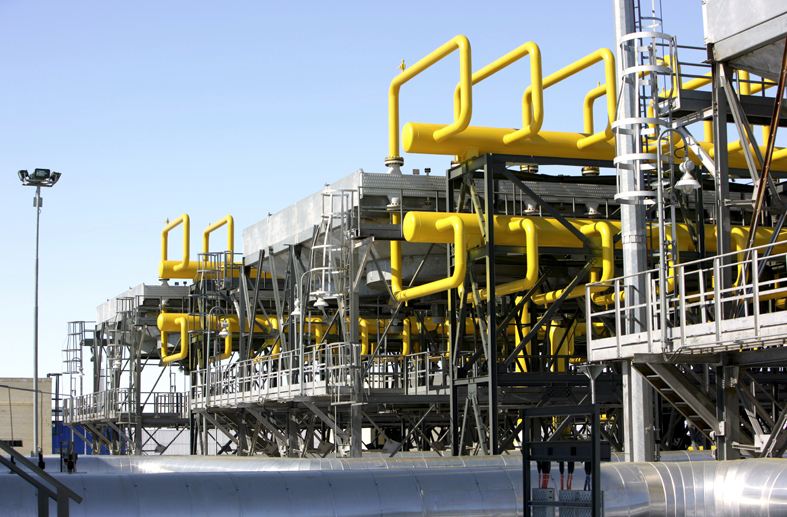Mediterranean states are on track to increase energy demand by 50 percent over the next 25 years, according to regional researchers, with the brunt of the growth falling on the southern part of the region.
According to Sohbet Karbuz, director of hydrocarbons at the Paris-based Mediterranean Energy Observatory, energy demand will rise by varying degrees across the region over the next two decades, forcing a reassessment of current potential and energy investment.
Speaking at the Sixth World Forum on Energy Regulation, sponsored by a Turkish state-run press agency – Anadolu Agency – Karbuz suggested that the region’s demand will continue to climb, demanding an array of different new production options and requirements to avoid a sharp increase in emissions.
According to Karbuz, the brunt of the growth will fall on Southern Mediterranean states, many of which are already exploring new energy options, including shale gas, renewables, nuclear and new offshore exploration.
This growth could see greater demand for coal across the region, putting many countries at odds with growing pressure to reduce emissions from power generation from global actors. While Northern European countries could find some obstacles with environmental pressure coming from Brussels – in accordance with European Union climate change goals – southern countries may not have as much trouble approving new coal projects.
Still, they may find some resistance when it comes to financing new coal projects, as a number of international lenders and financial institutions have moved to reduce their exposure to coal investments in recent months. That will leave many to boost existing and potential hydrocarbon options, as well as – as in the case of Morocco – move significant resources towards renewable energy efforts.
For much of the Eastern Mediterranean, this will mean building on ongoing efforts to increase offshore natural gas exploration, including significant efforts by Cyprus and Israel and more modest efforts from Lebanon, Greece, Turkey and Egypt.
European actors could be the key to bringing many of these projects to fruition, especially if new offshore efforts could be sold as a step towards providing the northern Mediterranean with a gas option that does not come from Russia. Meanwhile, countries like Algeria have recently started to explore the potential of unconventional exploration efforts, like shale projects.
For now, countries with no or minimal production capacity face the largest obstacles if Karbuz’s prediction comes to be.
Source: Forbes












